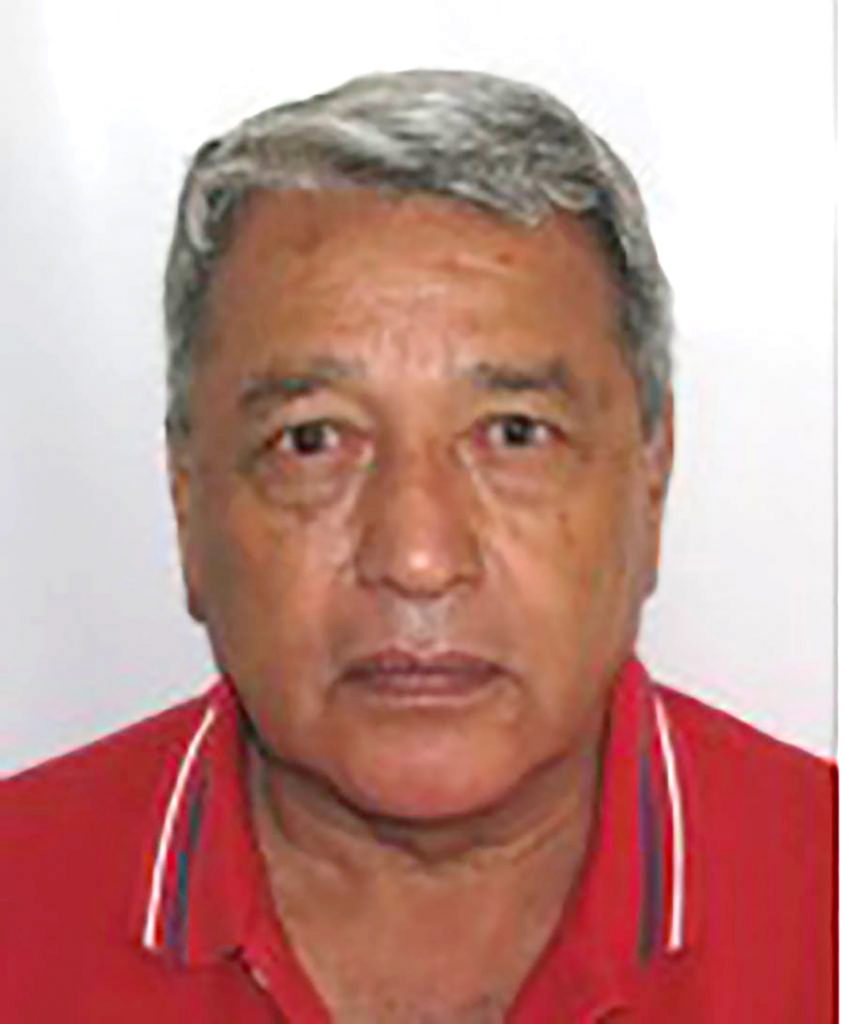
Luis Enrique Mendoza has been arrested by Guatemala police and is facing charges of genocide and crimes against humanity for his role in the 1982 massacre of Maya Ixil people.
The Guatemalan police made the arrest outside an elementary school serving as a polling station just north of Guatemala City. He had come out to cast his ballot in the general election held on Sunday.
Mendoza is the father-in-law of Estuardo Galdamez, a legislator and the ruling FCN party's presidential candidate in Sunday's election.
Mendoza was also the head of military operations under the dictatorship of Efrain Rios Montt, who ruled from March 1982 to July 1983. He is charged with playing a key role in the massacre of 1,771 Maya Ixil villagers in 1982. He has evaded arrest since his warrant was issued in 2011 but the former dictator Efrain Rios Montt and his chief of military intelligence Jose Mauricio Rodriguez Sanchez were arrested and stood trial for genocide and crimes against humanity.
Al Jazeera notes that close to 200,000 people, mostly civilians, were killed during Guatemala's 36-year civil war between the military and leftist guerrilla forces. More than 80 percent of the victims were indigenous Maya.
A UN-backed truth commission found that over the course of the war, the military carried out more than 600 massacres and that the military committed acts of genocide in four parts of the country, including the Maya Ixil region.
Speaking to reporters Edwin Canil, the president of the Association for Justice and Reconciliation (AJR), an indigenous survivor-led group, expressed a collective feeling of joy amongst relatives of genocide victims and survivors across the country.
Canil told Al Jazeera:
“As survivors from different regions, we have been communicating, and there is a feeling of jubilation and hope”
"We are ready for whatever hearings are necessary".
Miguel De Leon, a traditional Maya Ixil Authority, further commented that;
“We cannot speak of democracy if the justice system does not work to protect life and human dignity”.
Read more here.
